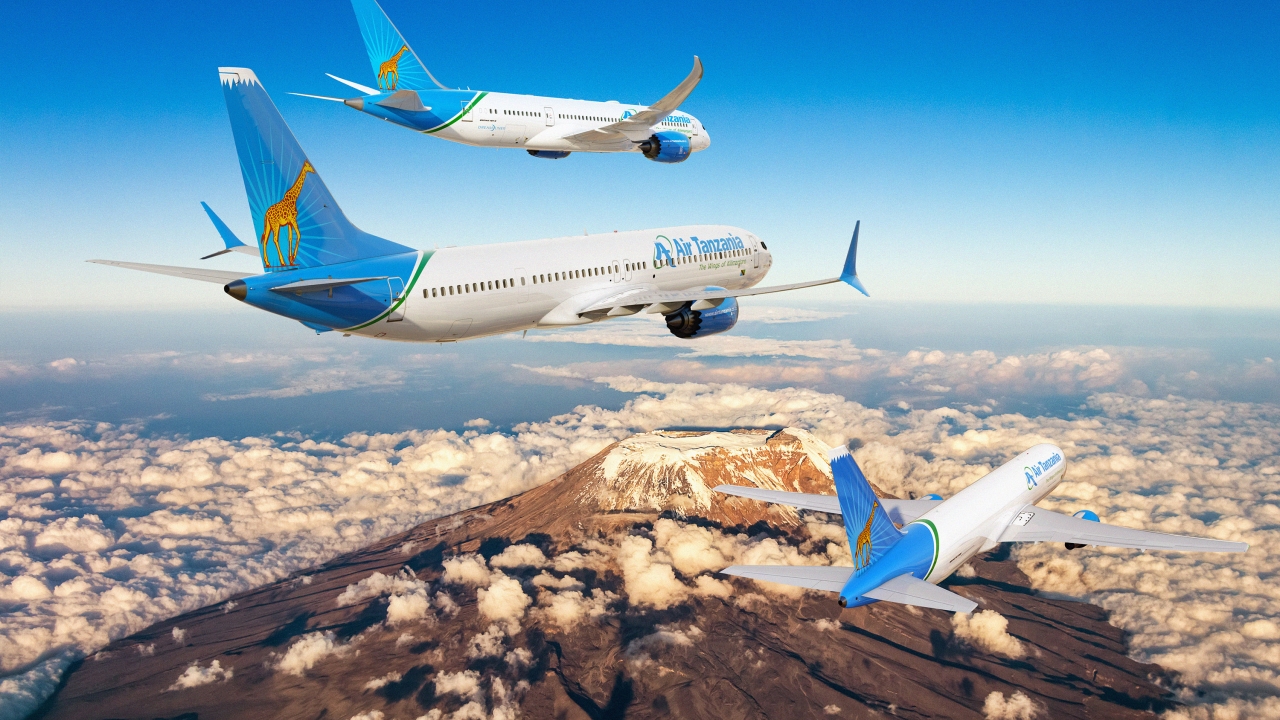Mango facing fresh challenge
Buy your airline ticket along with your weekly groceries? South African low-cost carrier (LCC) Mango continues to go down the supermarket route as it faces up to challenging economic conditions. Alan Dron reports.

Supermarket shopping is one of the reasons that Mango lays claim to being South Africa's most innovative airline.
It is, it says, the only airline in the world to accept store charge cards for payments either online or through its call centre; it was the first in South Africa to offer booking and payment facilities via its mobile app; and the only African airline to offer on-board Wi-Fi.
“When Mango was conceptualised, the whole idea that we tried to build the airline around was to have the broadest distribution system in the market,” explained acting CEO, Nick Vlok.
Mango’s bright orange fleet took to the skies in November 2006 and, just over a decade later, around 9% of its tickets are still sold through two grocery store chains. “They were already selling sports tickets, etc, through their cash counters and we thought it’s a very convenient place and what’s the difference between a concert ticket and an airline ticket? Why not sell tickets through that business?”
However, Mango will need to use all of its proven innovation skills to get through what Vlok describes as the “quite challenging” current state of the marketplace.
Airlines worldwide over the past year have complained about rapidly growing capacity in their markets leading to depressed yields and have increasingly struggled to fill seats.
In Mango’s case, Vlok said: “I don’t think it’s a matter of over-capacity, there’s just a lack of demand at the moment. If you look at South Africa generally, all economic activity is down at the moment. The government says growth will be less than 1% [this year].”
The effect of lower demand, of course, is the same as excess capacity: Fewer passengers.
“For 2017, the outlook is really flat,” he admitted. “You really have to be smart at the moment if you’re going to be successful.”
In Mango’s case, being really smart over the next year or so will mean matching supply and demand as closely as possible.
One advantage it possesses, says the company, is the lowest cost base of any South African carrier. Its fleet of 10 Boeing 737-800s, which operate in a single-class, 186-seat configuration, are deployed almost wholly on domestic routes. The exception is a single sector to Zanzibar and that situation is unlikely to change in the near future, said Vlok: “We’re quite happy with what we’re doing at the moment.”
However, he plans to increase frequencies on four of the airline’s domestic routes in April.
All Mango’s aircraft are on operating leases, which start to run out from 2020 onwards, “So we’ve got a little bit of time to sit back and take stock, from a fleet planning perspective, of what we should be operating from 2020.” That could be new aircraft, or newer examples of the same model.
Mango’s main competitors are FlySafair and Kulula. Full-service carriers such as Mango’s parent, South African Airways, and Comair do not heavily intersect with Mango’s market.
As with European LCCs, Mango has noticed more business suits in the check-in queues as increasing numbers of business travellers try to reduce their expenses. Vlok would like to encourage that trend. He reckons that around 40% of his passengers are business travellers and 60% leisure, with those ratios being reversed at the full-service airlines.
Like all airlines, Mango constantly assesses the marketplace. Vlok believes that, at present, opportunities in Africa are limited.
Those opportunities would increase if the Yamoussoukro Declaration was implemented, but so far, any such implementation of the deregulation document has been highly selective: “Everyone cheers and claps their hands and says ‘Let’s do it next year’, but practical implementation has been slow.
“I foresee opportunities will arise; LCCs are a bit better equipped to compete in an environment where fares are more competitive than they are right now.”
Stay up to date
Subscribe to the free Times Aerospace newsletter and receive the latest content every week. We'll never share your email address.

